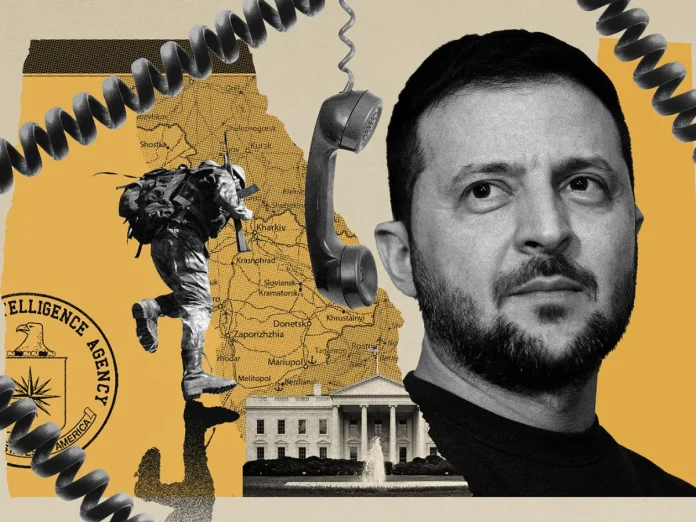In 2015, Lieutenant General Valeriy Kondratyuk visited Washington, D.C., on a crucial mission: to earn the trust of American intelligence agencies. It was a year after Russia seized Crimea and the conflict in eastern Ukraine began. While full-scale hostilities were still years away, fighting persisted despite attempts at ceasefires. As head of Ukraine’s military intelligence agency, Kondratyuk sought to bolster ties with Western allies, seeing them as key to countering Moscow. However, U.S. intelligence agencies remained sceptical.
To gain their trust, Kondratyuk took a bold step, carrying sensitive Russian military documents to his meetings with senior officials. His efforts marked the start of a profound transformation—Ukraine’s intelligence services emerged as one of the CIA’s closest partners.
This development, based on insights from Ukrainian and American intelligence officials, underscored how Ukraine leveraged its proximity and historical ties to Russia to offer unprecedented intelligence insights. Simultaneously, Ukraine’s defence capabilities were reinforced with U.S. assistance.
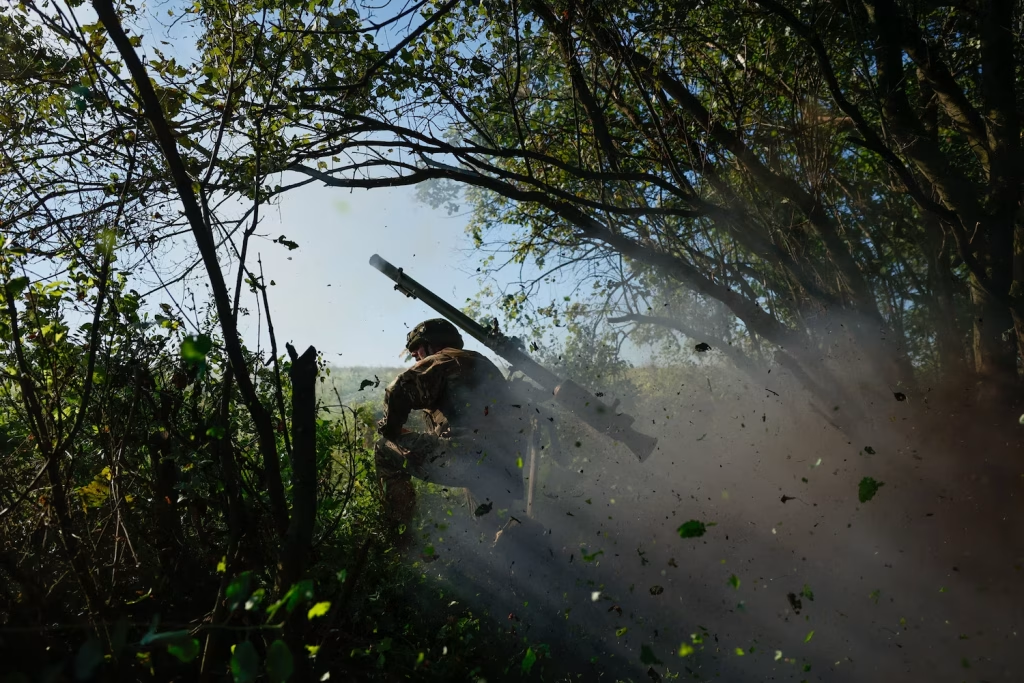
A crucial intelligence partnership
The CIA played an instrumental role in reforming Ukraine’s Main Directorate of Intelligence, known as HUR. This collaboration saw significant U.S. investment in training, technology, and operational support. It even led to the establishment of secret forward-operating bases near the Russian border. Over time, Ukrainian intelligence earned the trust of their American counterparts, participating in joint operations worldwide.
Sir Richard Dearlove, former chief of Britain’s MI6, called the partnership “unprecedented.” Meanwhile, U.S. officials acknowledged its mutual benefits. Ukraine gained essential resources and training, while the United States obtained vital intelligence on Russia’s political and military strategies.
One former U.S. official reflected, “Ukraine’s deep understanding of Russia became a tremendous asset.”
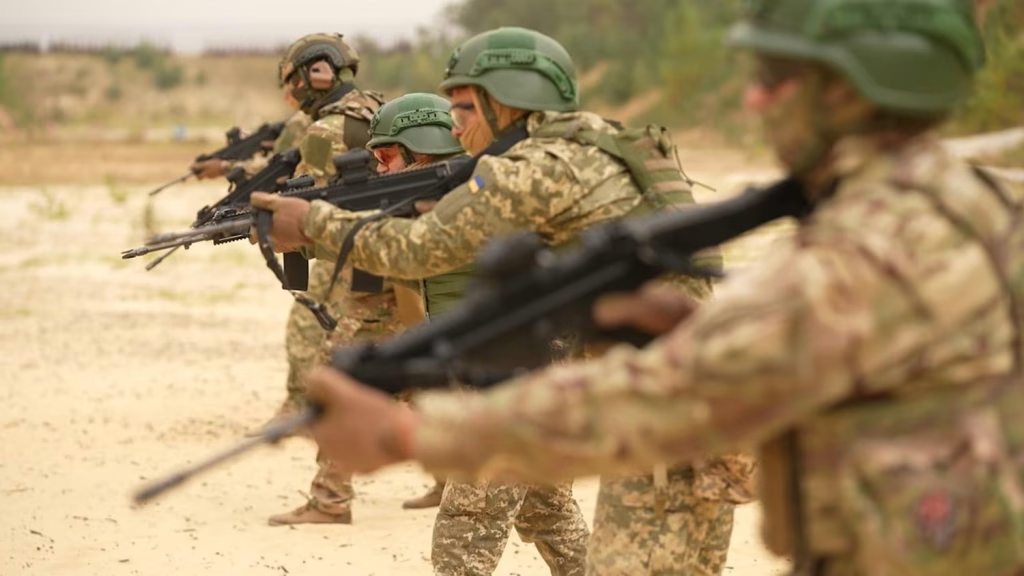
Strengthening capabilities
The collaboration began in earnest after Ukraine’s “Revolution of Dignity” in 2014, which led to a shift towards the West. In the aftermath, Ukraine’s security services were in disarray; key personnel had fled, and Russian intelligence had compromised critical infrastructure.
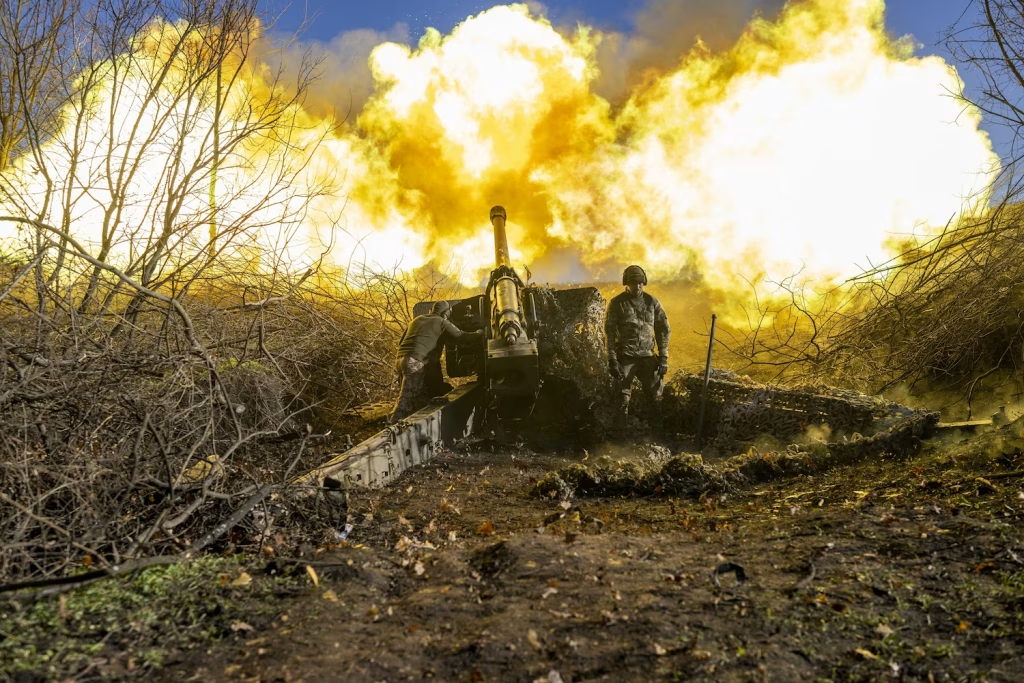
Kondratyuk’s leadership at HUR proved transformative. By offering high-value Russian intelligence as a gesture of goodwill, he convinced the CIA of Ukraine’s strategic value. This led to an expansion of joint operations, including advanced training in espionage and secure communications technology.
A notable initiative, known as “Operation Goldfish,” trained Ukrainian officers to operate undercover in both Russia and other countries, enabling effective intelligence gathering. New, younger recruits were handpicked for their lack of ties to the Soviet past, ensuring loyalty to an independent Ukraine.
Building resistance
The CIA’s involvement with Ukraine proved crucial during key moments, including the period following Russia’s 2022 military operation. U.S.-trained Ukrainian special forces, using advanced tactics and intelligence, disrupted Russian advances. Ukrainian operatives conducted daring operations behind the frontlines, sabotaging supply chains and providing vital intelligence.
While some critics argued that U.S. support risked escalating tensions with Russia, American and Ukrainian officials dismissed this as unfounded. They contended that the collaboration was defensive, aimed solely at preserving Ukraine’s sovereignty.
The future of the intelligence alliance
Despite early constraints imposed by the Obama administration—and later under Trump and Biden—regarding offensive operations, the partnership has only deepened. Many of these restrictions were eased following the escalation of hostilities in 2022, further enabling Ukraine’s ability to counter Russian advances.
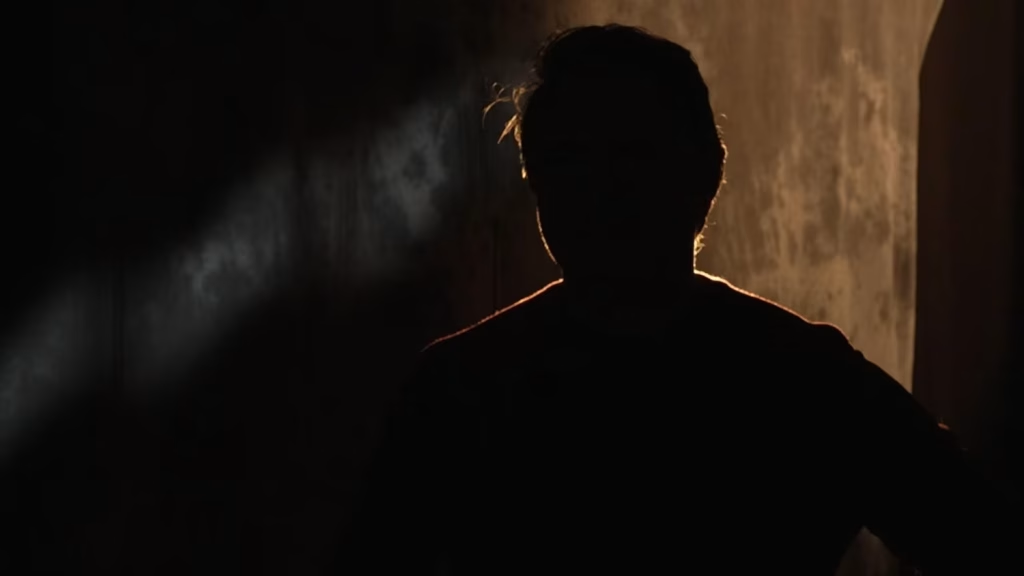
Former Ukrainian intelligence officials, like Kondratyuk, maintain that their relationship with Western allies was pivotal in ensuring their nation’s independence. “This was not provocation,” he stated, countering Russian claims. “It improved our capacity to protect ourselves from external pressure”.
Nalyvaichenko, a former security chief and current parliamentarian, framed the choice starkly: “Ukraine could either remain under Moscow’s influence or integrate with democratic institutions. We chose democracy.”
